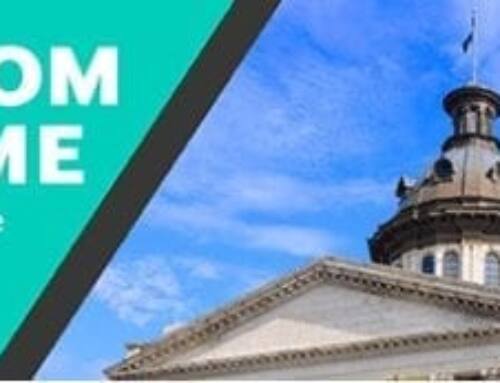Provided by Copper Dome Strategies, LLC
It has been a trying and heartbreaking week in South Carolina and across the region following the arrival of Hurricane Helene last Friday, which caused catastrophic damage. The 41 deaths attributed to Helene in South Carolina now exceed the total from Hurricane Hugo in 1989, which killed 35 after coming ashore in Charleston County as a Category 4 hurricane. From Helene, South Carolina experienced more power outages than any other state, topping 1.3 million homes. There are still several hundred thousand homes in South Carolina without power, the vast majority in the Upstate, where it may be several weeks before power is fully restored for many. The state’s response has been extensive, involving many key agencies. The South Carolina Department of Transportation (SCDOT) has been actively clearing roads, while the Departments of Public Health and Social Services have opened shelters to provide support. Additionally, law enforcement agencies have been fully engaged in the effort. The volunteer response has been massive, with numerous organizations, churches and non-profits stepping up to help those in need.
President Joe Biden made a trip to Spartanburg on Wednesday to meet with Governor Henry McMaster, Senator Lindsey Graham and other state leaders. The day before, McMaster announced that South Carolina’s request for an Expedited Major Presidential Disaster Declaration to provide federal aid to supplement state and local recovery efforts in response to Hurricane Helene had been approved.
The Federal Emergency Management Agency (FEMA) approved Individual Assistance program help to Aiken, Anderson, Bamberg, Barnwell, Cherokee, Edgefield, Greenville, Greenwood, Laurens, Lexington, Newberry, Oconee, Pickens, Saluda, Spartanburg and Union counties. The initial list of counties approved for assistance is not final, and additional counties are likely to be added as further damage assessments are completed.
The declaration approves Hazard Mitigation Grant program assistance, which makes cost-shared funding available to the state for approved projects that reduce or mitigate future disaster risks. For more information, click here.
Additionally, U.S. Department of Health and Human Services Secretary Xavier Becerra declared a public health emergency for the state of South Carolina, which was backdated to Sept. 25, 2024. More information on that can be found here.
Governor McMaster, the state’s Emergency Management Division and numerous state agency leaders continue to provide daily media briefings on the state’s ongoing recovery efforts. To view the live daily events and see archives of previous updates click here.
For more information, visit:



